A U.S. Vaccine Strategy for Latin America and the Caribbean
As the United states achieves the vaccination of the majority of our population against COVID-19, it is time to implement an aggressive strategy to provide vaccines to Latin America and the Caribbean. There is no other region in the world which more directly impacts U.S. security and prosperity. The conditions of and events in the region are transmitted to the U.S. through geography, significant trade and investment, and family.
The Case for an Aggressive U.S. Vaccine Campaign for Latin America
The top reasons for the U.S. to pursue an aggressive program of vaccinations for Latin America and the Caribbean include:
1. U.S. Leadership is at Stake. Latin America and the Caribbean naturally turn to the United States for leadership, yet in our absence they are increasing seeking support elsewhere. Resentment toward the U.S. is growing and is likely to be long lasting and to hamper the U.S.’s ability to forward its interests over time. If the United States hopes to leverage the Summit of the Americas, which it will host later this year or early next, to promote U.S. influence and interests, it must act now to develop a credible response to the region’s most pressing need.
2. Latin America is Hard Hit. COVID-19 has hit Latin America and the Caribbean harder than anywhere in the world – national death tolls in Mexico and Brazil are each higher than India, despite the fact that India’s population is four times larger than these two combined. The economic toll in the region has also been severe, with a 7.7% decrease in GDP in 2020, setting back the number of people in poverty in the region by 14 years and increasing inequality by 5 percentage points on the GINI index.
3. External Actors Filling the Vacuum. China, Russia and even Cuba are filing the vacuum of U.S. absence, often with vaccines of lower efficacy and with questionable asks in return. China is explicitly linking vaccine distribution to the pursuit of strategic interests like 5G, the BRI initiative, and diplomatic recognition, among others. Latin America and the Caribbean is home to the ever-shrinking majority countries that recognize Taiwan, and as such don’t have access to Chinese vaccine. Guatemala and Honduras both recognize Taiwan and are struggling to locate vaccine. A failure of the U.S. to respond here could contribute to unsettling further the already strained China-Taiwan balance. Putin is also seeking to fill the space with Sputnik diplomacy beyond his allies like Venezuela, Cuba and Nicaragua.
4. Further economic calamity will expand criminality and social unrest and engender the conditions for more populism. Social pressures are fueling the new wave of leftist populist governments, including the possibility that radical governments could come to power in Peru in June and Honduras in November.
Colombia, where hard left candidate Gustavo Petro is ahead in the early polls, and Brazil, where it appears former President Lula could be on the ballot, both have elections in 2022.
- Prolonged Economic Downturn Will Worsen Immigration Push Factors in Central America and beyond. Pressure from economic decline due to lack of vaccine in Central America will likely drive continued, unprecedented migration to the U.S. southwest border this year and longer if the region is unable to quickly and consistently obtain vaccine.
- Risk of New Covid-19 Variants Threatening the U.S. The continuing proliferation of the virus in Latin America and the Caribbean, particularly with only partially effective vaccines, increases the risk of the emergence of new variants against which the vaccines used in the U.S. may not be effective. The proximity of Latin America to the U.S. and its close commercial interactions and human interchange increases risk that variants spreading to the region would be transmitted to the U.S.
- Ineffectiveness of U.S. COVAX participation as Counter to China and Russia. Although the U.S. is currently the greatest international contributor to the World Health Organization COVAX program, those contributions, without attribution directly to the United States are unrecognized in the region. An aggressive U.S. vaccine initiative, in which it plays a direct, visible role in the distribution and even administration of that vaccine, is important to push back against the misperception of the United States doing nothing.
Recommendations:
A successful, aggressive U.S. vaccine outreach campaign to Latin America and the Caribbean should have the following components:
- The U.S. should donate, not sell, significant quantities of vaccines from proven Western manufacturers, creating an opportunity to highlight U.S. generosity, in contrast to Chinese profit-seeking through vaccine sales.
- While the U.S. should continue its commitment to COVAX, it should also work directly with existing vaccine manufacturers, leverage its current direct contracts to obtain more vaccine and fund and promote new potential vaccines coming online, particularly those that do not require cold-chain and are more easily transported.
- The U.S. should leverage the targeted use of the Defense Production Act, and use the Development Finance Corporation, to increase domestic production of vaccines and needed inputs for this campaign and maintain sufficient stockpiles in the U.S. for the American people.
- The U.S. should provide logistic support for the transport and distribution of the vaccine in Latin America and the Caribbean. Such support would include cold storage, and potentially directly administering, facilitating, or at least observing injection operations in the countries themselves.
Background:
For a variety of reasons, including poor government planning, over reliance on the World Health Organization COVAX program, as well as supply difficulties and competing contractual commitments by western suppliers, Latin America and the Caribbean have been much less able than the U.S. to obtain access to quality vaccines (such as those of Pfizer, Moderna, and AstraZeneca), distribute them, and vaccinate their populations.
The PRC gained an initial foothold for its Sinovac, Sinopharm, and CanSino vaccines in the region by conducting Phase 3 trials in Peru and Brazil. Moreover, the PRC’s relative control of the pandemic at home, combined with the ability of its companies to ramp up production, have allowed it to offer significant quantities of vaccines to targeted countries in the region and elsewhere. China has become a supplier of vaccine to at least 12 Latin American countries, providing a particularly significant portion of vaccines received by Peru, Argentina, Venezuela, and even Chile, where Pfizer’s limits to supply the doses that Chile had contracted for allowed Sinovac to become the major supplier to support Chile’s rapid roll-out.
Chinese companies have not only used vaccine diplomacy for economic advantage, such as establishing a $1 billion fund for the region to buy specifically PRC-made vaccines, but have also leveraged the region’s need for vaccines to advance China’s interests in other areas. ThePRCpersuadedtheChina-skepticBolsonarogovernmentinBraziltoreverseits prior decision to exclude Huawei from the nation’s upcoming 5G auction as an informal quid pro quo for expedited access to the (previously rejected) Sinovac vaccine there. In similar fashion, the U.S.-oriented government of Luis Abinader in the Dominican Republic abandoned a November 2020 commitment to exclude Huawei from its own 5G auction, after the PRC allowed it to purchase 1,000,000 doses of the Sinovac vaccine.
Russia, for its part, has provided its Sputnik V vaccine to a combination of anti-U.S. leftist populist governments Venezuela, Bolivia, Nicaragua, and Argentina, but also to others such as Guatemala, Paraguay, Mexico, and even Panama, although its supply has been limited. Russia is now bringing a second vaccine, EpiVac5 online for potential export to the region. Cuba has five vaccine candidates in Phase 3 trials, including an offer to make its vaccine available for co-production in Venezuela, and to possibly distribute it to other Latin American countries.
The efficacy of all three Chinese vaccines is relatively low, and there are serious questions about transparency in the testing of the Sputnik 5 vaccine. Nonetheless, with the region’s inability to obtain significant quantities of higher-efficacy Western vaccines to date, Chinese, Russian, and Cuban vaccine diplomacy feed a false narrative in which those governments are coming to the rescue of a region abandoned once again by a self-interested United States, that is painted as selfishly vaccinating its own population with indifference to Latin Americans dying due to their own lack of vaccines.

